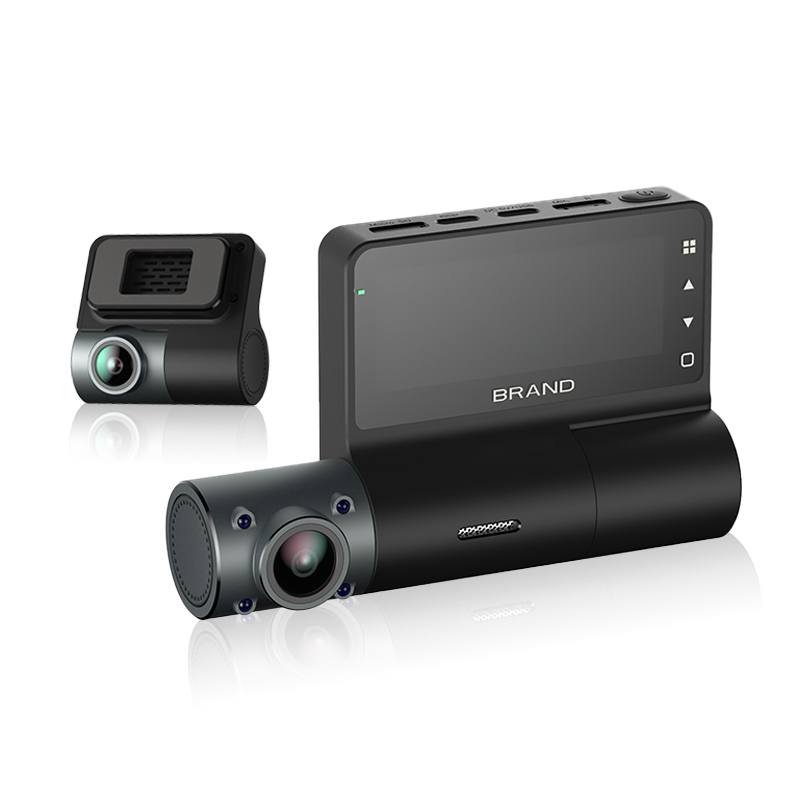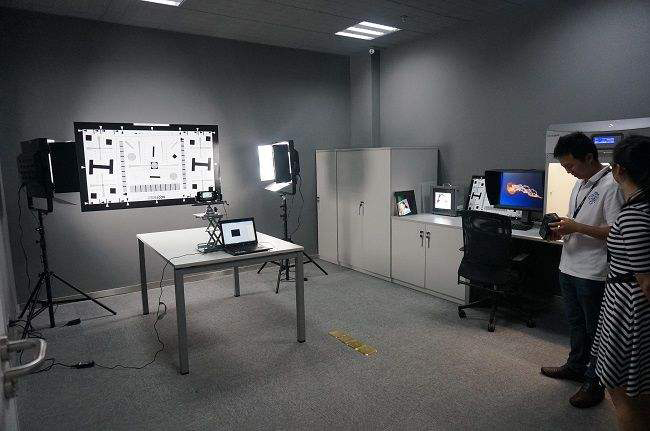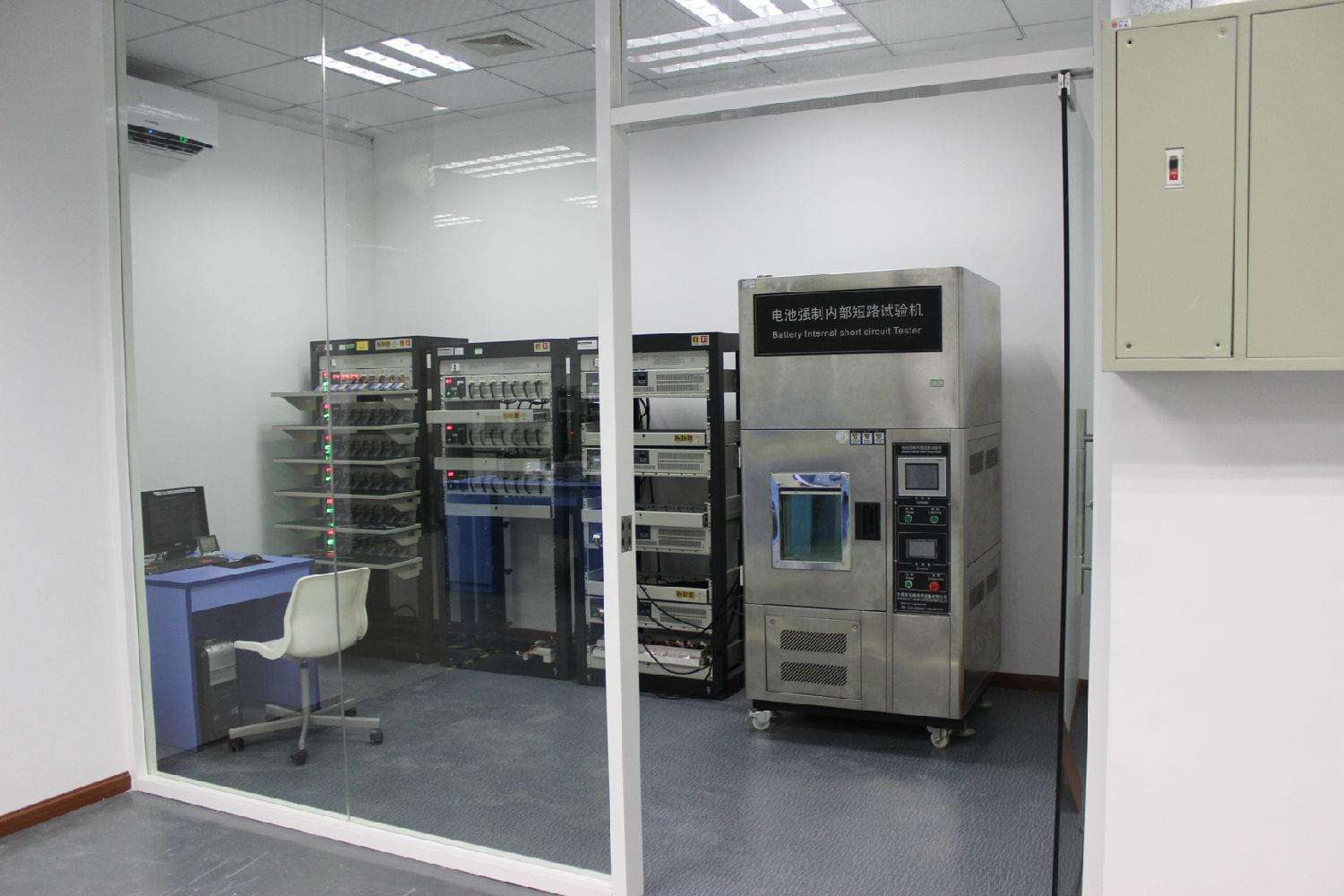As 4K resolution gains popularity in the world of dash cameras, the need for larger storage capacities becomes a crucial consideration. A 128GB memory card is commonly used for recording footage on 4K dash cams. However, with 4K videos having significantly larger file sizes compared to lower resolutions, the question arises: Is 128GB enough to accommodate the data from a 4K dash cam? In this article, we will explore the factors influencing storage requirements, the benefits and limitations of a 128GB memory card, and strategies to manage storage effectively.
① Factors Influencing Storage Requirements
1. Resolution and Frame Rate: Higher resolutions like 4K (3840x2160 pixels) and higher frame rates result in larger video files. The higher the resolution and frame rate, the more storage space is needed to store the recorded footage.
2. Compression: Different dash cameras use varying levels of video compression to reduce file sizes. Higher compression can save storage space, but it may also impact video quality.
3. Loop Recording: Most dash cams use loop recording to overwrite old footage once the storage is full. The length of the loop recording and the number of loops impact the amount of storage required.
4. Parking Mode: If the dash cam has a parking mode feature, it may continuously record while the vehicle is parked. This can significantly increase storage consumption during parking hours.
② Benefits of a 128GB Memory Card
1. Sufficient Capacity: A 128GB memory card offers ample storage space for a typical 4K dash cam. Depending on video settings and compression, it can store several hours of footage before requiring manual intervention or loop recording.
2. Cost-Effectiveness: Compared to higher-capacity memory cards, 128GB cards are generally more cost-effective, making them a popular choice for users looking for a balance between storage capacity and price.
3. Easy Management: With 128GB of storage, users can manage their dash cam recordings without frequent file transfers or formatting. It strikes a balance between having sufficient storage and not being overwhelmed with excessive video files.
③ Limitations and Strategies for Managing Storage
1. Limited Recording Time: 4K videos can consume storage rapidly, especially during long drives or if the dash cam operates in parking mode for extended periods. Users should be mindful of the limitations and prioritize critical events for manual saving.
2. Adjust Video Settings: Dash cam settings, such as resolution, frame rate, and compression, can affect storage requirements. Users can experiment with different settings to find a balance between video quality and storage efficiency.
3. Loop Recording and Event Locking: Utilizing loop recording with event locking allows important footage to be protected from overwriting while automatically managing storage space.
4. Regular Data Transfer: Regularly transferring footage to a computer or external storage can help free up space on the memory card, ensuring sufficient storage for future recordings.
5. Larger Memory Cards: If 128GB proves insufficient, users can opt for higher-capacity memory cards, such as 256GB or 512GB, to accommodate longer recording durations without frequent data transfers.

In conclusion, a 128GB memory card can be sufficient for a 4K dash cam, but it does come with limitations regarding recording time and storage management. The benefits of a 128GB memory card lie in its sufficient capacity, cost-effectiveness, and ease of management. However, users should be aware of the factors influencing storage requirements and explore strategies to manage storage effectively, such as adjusting video settings, utilizing loop recording and event locking, and regularly transferring data. Ultimately, the adequacy of a 128GB memory card depends on individual preferences, driving habits, and recording needs. For drivers who do not undertake extensive long drives or do not require continuous parking mode recording, a 128GB memory card can be a practical and cost-efficient choice for 4K dash cam storage. For those with more demanding recording needs, larger memory cards may be considered for uninterrupted coverage. By understanding the storage requirements and implementing effective management practices, dash cam users can make the most of their 128GB memory cards and ensure they have the crucial footage they need when it matters most.
 Having over ten years of experience in the manufacturing of tachographs
Having over ten years of experience in the manufacturing of tachographs
 Provide over 20 private mold designs, focusing on independent research and desig
Provide over 20 private mold designs, focusing on independent research and desig
 Over 10 years of R&D and QC experience
Over 10 years of R&D and QC experience